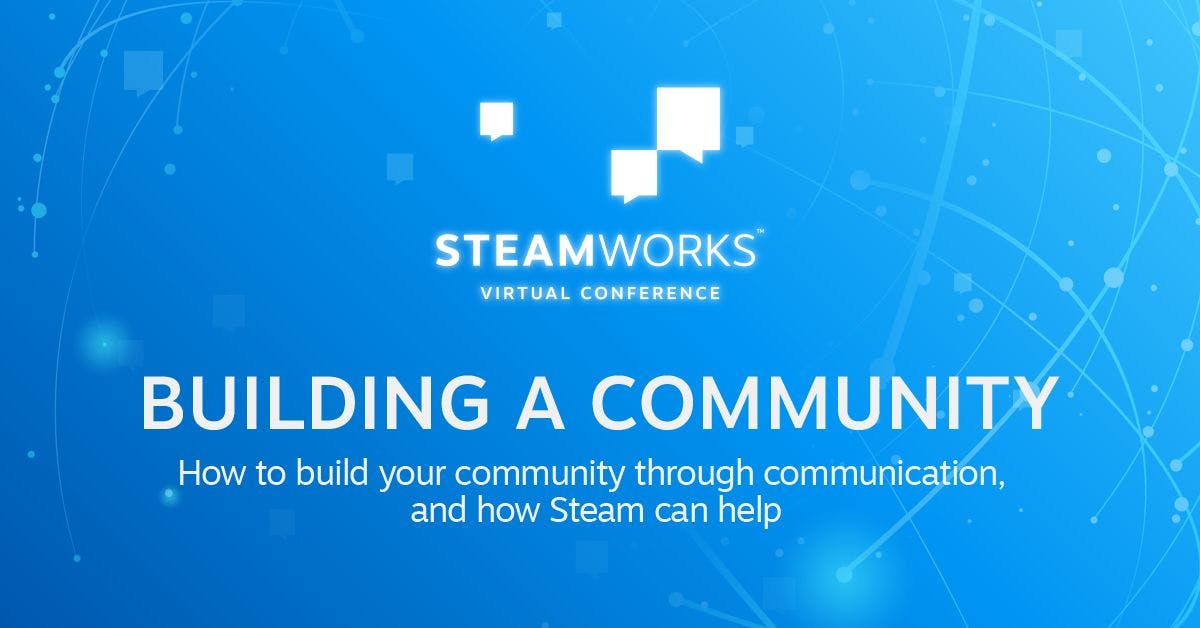158 reads
What I Learned During the Steamworks Virtual Conference
by
April 24th, 2021

Award-Winning Game Developer & Technology Consultant | Fortnite Dev | Creator of Neoblazer 🟡⚫️
About Author
Award-Winning Game Developer & Technology Consultant | Fortnite Dev | Creator of Neoblazer 🟡⚫️
